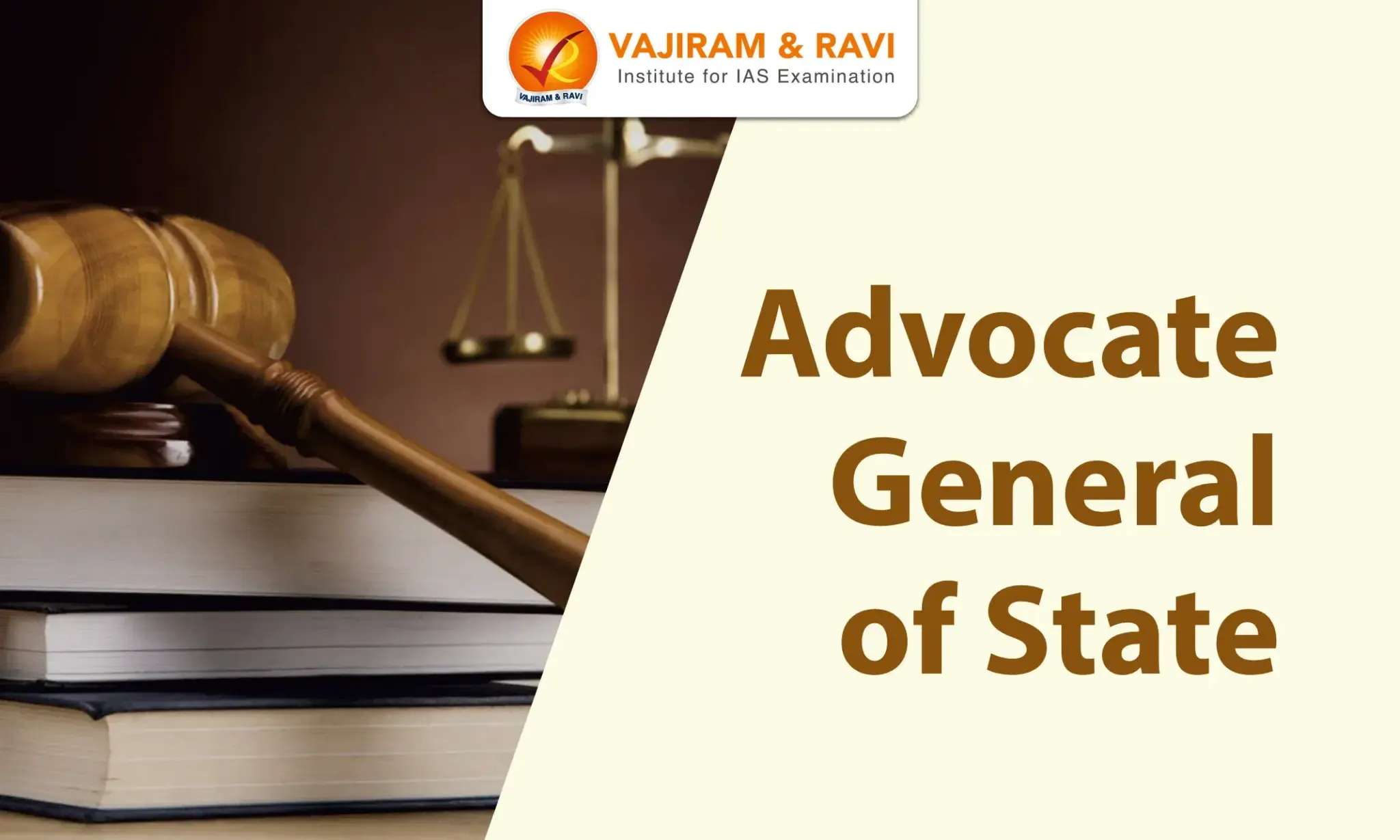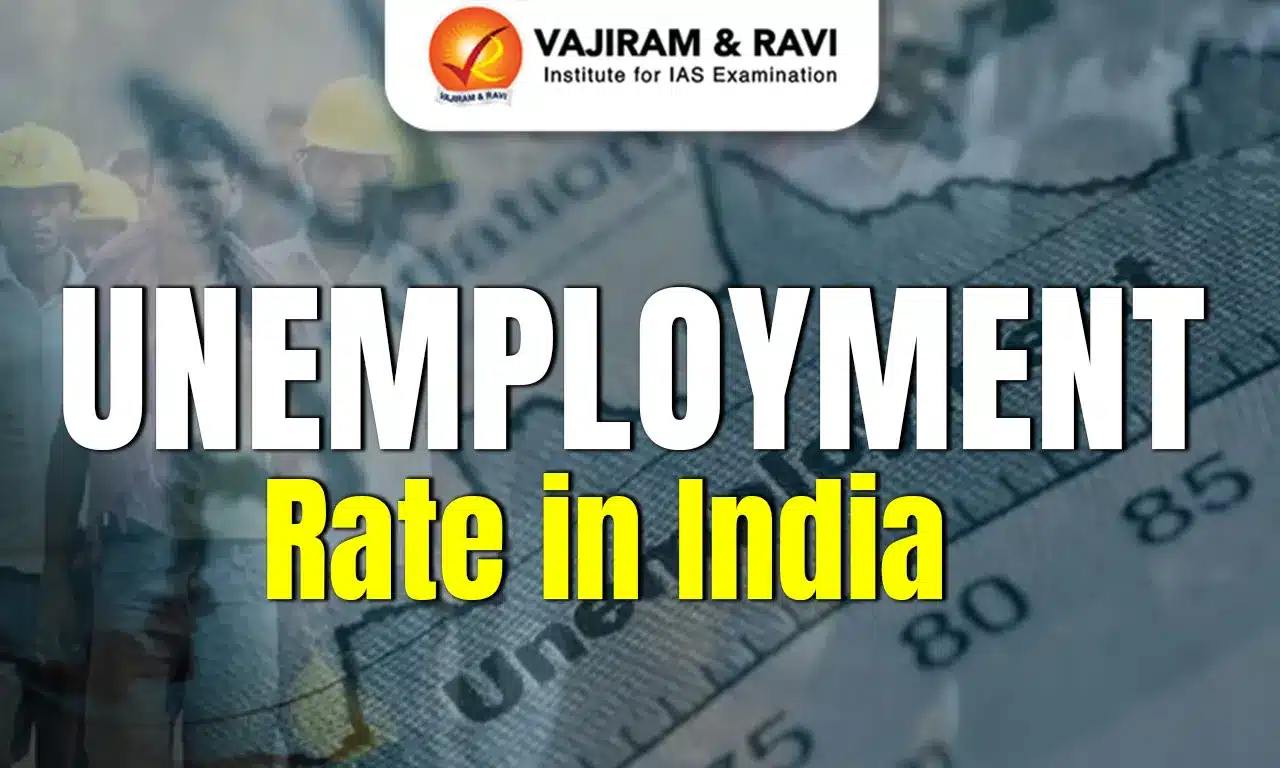The Advocate General of State serves as the chief legal advisor to the state government, playing a crucial role in the state’s legal framework. This office is established under Article 165 of Chapter 2 in Part VI of the Indian Constitution as a constitutional authority. The Advocate General of State represents the State in legal proceedings in the Supreme Court of India and the High Court.
Functioning similarly to the Attorney General of India, the responsibilities of the Advocate General of State are further defined in Articles 165 and 177 of the Constitution. In this capacity, the Advocate General of State is pivotal in safeguarding the rule of law and advising the government on critical legal matters.
Advocate General of State Constitutional Provision
The Advocate General of State, as part of the State Executive, holds the position of the state’s highest-ranking legal officer. Together with appointed Law Officers, the Advocate General primarily handles cases for the state government in the High Court. This role establishes a client-counsel relationship between the government and the law officers. The key constitutional provisions regarding the Advocate General of the State are as follows:
- Article 165: Office of the Advocate General of State.
- Article 177: Rights of Advocate General of State concerning the State Legislature and its Committees.
- Article 194: Powers, privileges, and protections of the Advocate General of the State.
Advocate General of State Appointment and Qualification
The Advocate General is appointed by the Governor and must meet the qualifications required for appointment as a High Court judge. This includes being an Indian citizen and having either held a judicial office for ten years or practiced as an advocate in a High Court for ten years.
- Remuneration: The Constitution does not specify the remuneration of the Advocate General of State. Instead, He/She receives a salary determined by the Governor.
Advocate General of State Terms of Office and Removal
The Constitution does not specify a fixed term for the Advocate General of a State, nor does it outline procedures or grounds for removal. The Advocate General of State serves at the Governor’s pleasure, allowing the Governor to remove him/her at any time.
- Resignation: Additionally, the Advocate General of State may step down by submitting a resignation to the Governor.
- Traditionally, the Advocate General resigns when the government (Council of Ministers) resigns or is replaced, as the appointment is made based on its recommendation.
Advocate General of State Duties and Functions
The Advocate General of the State has the right to appear before any court within the state while carrying out official duties. As the chief legal officer of the state government, the Advocate General is responsible for the following duties:
- Legal Advisor: Providing legal advice to the state government on matters referred to him by the Governor.
- Other Legal Duties: Carrying out any other legal duties assigned to him by the Governor.
- Functions Conferred by the Constitution or Other Laws: Fulfilling functions conferred upon him by the Constitution or any other law.
Rights of Advocate General of State
The Advocate General of the State is not a full-time legal representative (counsel) for the State Government and is not classified as a government employee. Additionally, he/she is not prohibited from engaging in private legal practice. Following are the rights of Advocate General of State:
- The Advocate General of the State has the right to speak and participate in the proceedings of both Houses of the state legislature.
- He/She can also take part in any committee of the legislature to which he may be appointed as a member.
- However, the Advocate General of State does not have the right to vote.
- Furthermore, he/she is entitled to all the privileges and immunities granted to members of the state legislature.
Advocate General of State Limitations
The Advocate General of the State faces certain limitations to prevent conflicts of interest and duty. These include the following restrictions:
- He/She should not advise or represent a case against the State Government, nor should he advise or represent cases where he is required to represent the State.
- Additionally, he/she is prohibited from defending individuals in criminal cases without the consent of the State Government.
- The Advocate General of State is also not allowed to accept an appointment as a director in any company or corporation without prior approval from the State Government.
Difference between Advocate General of State and Attorney General of India
The Advocate General of the State is the chief legal officer of the state government, appointed by the Governor. In contrast, the Attorney General of India serves as the principal legal advisor to the Government of India, appointed by the President. However, both roles, though at different levels of governance, contribute to maintaining the integrity of the legal system and supporting the government’s legal authority.
| Parameters | Advocate General of State | Attorney General of India |
| Constitutional Provision | Article 165 of Part VI of the Indian Constitution | Article 76 of Chapter 1 in Part V of the Indian Constitution |
| Qualification | Advocate General of the State must fulfill the qualifications necessary for appointment as a Judge of the High Court. | Attorney General of India must meet the qualifications necessary for appointment as a Judge of the Supreme Court. |
| Remuneration | It is decided by the Governor of State. | It is decided by the President of India. |
| Term, Prosecution, and Grounds for Removal | It is not written in the Constitution. | It is also not specified in the Constitution. |
| Rights | – Right to appear and represent the Government of State in all courts within the territory of State.
– Entitled to speak and take part in the proceedings of the State Legislature, along with enjoying the rights and privileges granted to a Member of the State Legislature. |
– Right to appear and represent the Government of India in all courts across the territory of India.
– Right to speak and participate in Parliament, enjoying the powers and privileges of a Member of Parliament. |
Last updated on April, 2025
→ UPSC Notification 2025 was released on 22nd January 2025.
→ UPSC Calendar 2026 is released on 15th May, 2025.
→ The UPSC Vacancy 2025 were released 1129, out of which 979 were for UPSC CSE and remaining 150 are for UPSC IFoS.
→ UPSC Admit Card 2025 is released now for CSE Prelims Exam 2025.
→ The UPSC Prelims 2025 is scheduled to be conducted on 25th May 2025 and UPSC Mains 2025 will be conducted on 22nd August 2025.
→ Apply once through it and aspirants can apply for various government exams conducted by UPSC.
→ The UPSC Selection Process is of 3 stages-Prelims, Mains and Interview.
→ UPSC Result 2024 is released with latest UPSC Marksheet 2024. Check Now!
→ UPSC Toppers List 2024 is released now. Shakti Dubey is UPSC AIR 1 2024 Topper.
→ Also check Best IAS Coaching in Delhi
Advocate General of State FAQs
Q1. Who determines the remuneration of the Advocate General of the State?+
Q2. Who appoints the Advocate General of the State?+
Q3. What is the qualification required for the Advocate General of State?+
Q4. Can the Advocate General of State practice private legal work?+
Q5. What is the term of office for the Advocate General of State?+

















